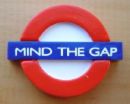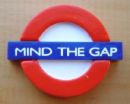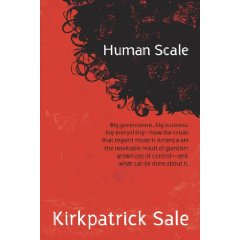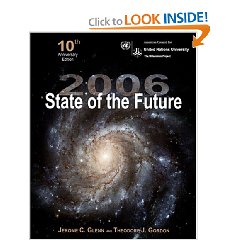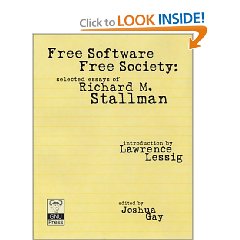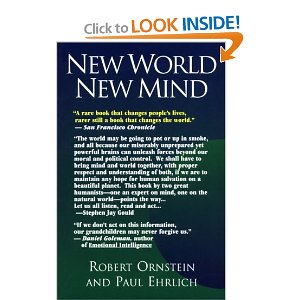
End of Immoral Capitalism, Rise of Sustainable Societies,
This thoughtful careful author from New Hampshire has created a really special book, small, readable, and packed with fact (superb footnotes). He gives all due credit to his predecessors in the field–Georgescu-Roegen, Meadows, Dalay, Hawken et al.
He brings out the nuances of complex systems and how our linear reductionist thinking, and our false assumption that technology will resolve our waste creation and earth consumption issues, combine to place all that we love at risk. I was personally surprised to learn that even if we fund 100 water desalination or decontamination plants, and resolve our shortfalls of clean water, that the energy required to do so would result in entropy and further losses.
The author brings up the need for better metrics (see my reviews of “Ecology of Commerce” and “Natural Capitalism” as well as my list on “True Cost” readings. He points out that the GDP does not reflect the non-cash economy or the degree of equality/inequality in the distribution of new wealth. I would add to that the importance of counting prisons and hospitals as negatives rather than positives.
A good portion of the book (a chapter for each) is spent discussion the three fundamentals: the limits to growth; the second law of thermodynamics (entropy); and the nuances of self-organization and what happens when you reduce diversity.
The author lists the attributes of complex systems as being emergent properties that arise from the interactions (i.e. the space between the objects); self-organization, nestedness, and bifurcation into either positive or negative consequences.
The bottom line for the first part of the book is that in complex systems, especially complex systems for which we have a very incomplete and imperfect understanding, “control” is a myth, just as “progress” is a myth if you are consuming your seed corn.
The author excels at a review of the literature and demonstrating the flaws of economic theories that are divorced from reality and the “true cost” of goods and services (e.g. a T-shirt holds 4000 liters of virtual water, a chesseburger 6.5 gallons of fuel).
I have reviewed a number of books on climate change, in this book the author makes the very important point that the annual cost of weather disasters has been steadily increasing, and is the annual hidden “tax” on our reductionist approach to clearing the earth, losing the forests and mashlands, and so on.
He points out that concealing or ignoring true cost does not make it any less true, it simply passes the cost on to future generations. In the same vein he is optemistic in that he believes that if we take positive action now, however small, the benefits of that action as the years scale out, will be enormous.
This is actually an upbeat book for two reasons: first, it makes it crystal clear that the classical economics that have allowed corporations to pilage the world, bribe dictators and other elites, and generally harvest profit at the expense of the commonwealth; and second, it ends on a note of hope, on the belief that we may be approaching a dramatic cultural shift that embraces reciprocal altruism, true cost calculations, equitable wealth distribution, and so on.
He cites other authors but gives very positive insights into public ownership (by stakeholders, not the government), essentially repealing the flawed court-awarded “personality” of corporations, and re-connecting every entity to its land-base and the people it serves. He recommends, and I am buying, David Korten's “Post-Corporate World.” By restoring the populace to the decision process, we stamp down the greed that can flourish in isolation.
The book ends hoping for a cultural shift from consumption to connection. I believe it is coming. Serious games/games for change, fed by real-world real-time content from public intelligence providers including the vast social networks from Wikipedia to MeetOn to the Moral Majority, could great a wonderfully distributed system of informed democratic governance that implements what I call “reality-based budgeting,” budgeting that is transparent, accountable, and balanced.
This is a much more important book than its size and length might suggest. It is beikng read by and was recommended to me by some heavy hitters in the strategic thinking realm, and I am disappointed at the lack of reviews thus far. This book merits broad reading and discussion.
See also:
A Power Governments Cannot Suppress
The Unconquerable World: Power, Nonviolence, and the Will of the People
Society's Breakthrough!: Releasing Essential Wisdom and Virtue in All the People
Escaping the Matrix: How We the People can change the world
All Rise: Somebodies, Nobodies, and the Politics of Dignity (BK Currents)
Imagine: What America Could Be in the 21st Century
The Cultural Creatives: How 50 Million People Are Changing the World
The Average American: The Extraordinary Search for the Nation's Most Ordinary Citizen

